Think of Google Wallet as your digital assistant that's always watching your back. Picture that mad dash at JFK, one hand on a roller bag, the other balancing coffee, while the gate agent calls final boarding. Your phone buzzes. There's the pass. No digging. No panic.
The Nearby Pass feature turns your phone into something that anticipates what you need before you even think to look for it. It marks a shift from reactive to predictive technology. Instead of waiting for you to remember, the system proactively surfaces relevant passes based on your location and context, according to Android Authority. Walking toward a subway entrance or the doors of a stadium? Your phone tees up the right pass with a quick notification.
How geofencing creates contextual intelligence for digital passes
Nearby Pass runs on geofencing that checks your location against venues tied to your stored passes. Think invisible boundaries around places where your passes matter, and the smart part is how Google layers in more than GPS.
Cross into a relevant zone, and an automatic notification pops up with the exact pass you need. Apple Wallet uses location triggers primarily based on GPS proximity, roughly within 100 meters, while sources claim that Google blends in Wi‑Fi signals, motion patterns, and dwell time for finer judgment. Strolling past a venue, or actually approaching the gate with intent? The system can tell.
Control stays with you. The feature is opt-in, so you decide when and how to receive location alerts. You can toggle notifications per pass, turn some off, keep others on, or shut the whole thing down if privacy wins out.
The notification shows on your lock screen, so you are not fumbling through apps when the turnstiles are beeping or the PA cracks to life.
Enhanced pass organization capabilities that support contextual awareness
Nearby Pass grabs headlines for being predictive, but Google also shipped quality-of-life upgrades that help the system identify and prioritize the right credentials. The new nickname feature lets you label passes with custom names, which is especially handy when geofencing needs to differentiate between similar cards.
Business trip chaos with three hotel keys for one week? Several tickets for different venues? Labels like "Hotel - Chicago Trip" or "Taylor Swift Concert" keep things straight for you and the system. Google launched nicknames in the mobile app in April, and the extension to the Google Wallet website brings the same organization to the desktop, so you can manage passes wherever you prefer.
There is also a backend fix that helps organizations adopt location-based features. Google Wallet now supports multiple cards with identical Application IDs (AIDs), a boon for NFC access like college IDs, hotel keys, or corporate badges, as reported by Android Authority. If you have credentials for different zones, you can store them all on one device, and the system surfaces the most recently used card for that location.
Email integration got a lift, too. Developers can enable automatic pass imports from Gmail for boarding passes, event tickets, and loyalty cards, according to Android Authority. Less manual entry, better data for timely notifications.
Strategic positioning in the contextual computing landscape
Google's approach to contextual awareness sets it apart in the digital wallet race. Both platforms support location triggers, but the technical choices differ. Google evaluates multiple environmental signals, like Wi‑Fi networks, motion patterns, and location dwell time, to decide when a pass is relevant.
The market context matters. Apple Wallet dominates the U.S. with over 90% of mobile wallet debit transactions, and together Apple and Google account for more than 35% of global mobile wallet transactions in a market projected to surpass $16 trillion by 2027, as reported by PassKit. Google leans into flexible pass creation, including AI-powered photo recognition and automated Gmail integration, a strategy that focuses on easy adoption rather than strict formatting.
That tracks for Android's diverse global base. Apple can assume standardized QR codes inside a premium ecosystem, while Google has to meet users where they are, even if a venue only gives out a basic printout. The contextual system needs to work no matter how polished the pass looks.
The broader implications for anticipatory computing adoption
Google Wallet shows how anticipatory computing moves from buzzword to daily habit. Your device helps before you ask, which cuts mental overhead. No more remembering which app hides the boarding pass or where that parking ticket went, the right item appears when context calls for it.
Granular controls try to square convenience with privacy, a sticking point for any location-aware service. With explicit opt-in and per-pass toggles, Google signals that user trust is the real unlock for predictive tech, as noted by Pocket Lint. My hunch, people adopt this faster when they feel in charge.
As wallets expand past payments into IDs and access, contextual notifications lay the groundwork for richer location-aware services. Pair that with AI-powered pass recognition and automated credential handling, and you see Google's vision for a flexible digital identity system that adapts to how people actually move through the world.
All of these points toward a near future where assistants anticipate needs through context, behavior, and location intelligence, turning smartphones from reactive tools into proactive partners in everyday life.




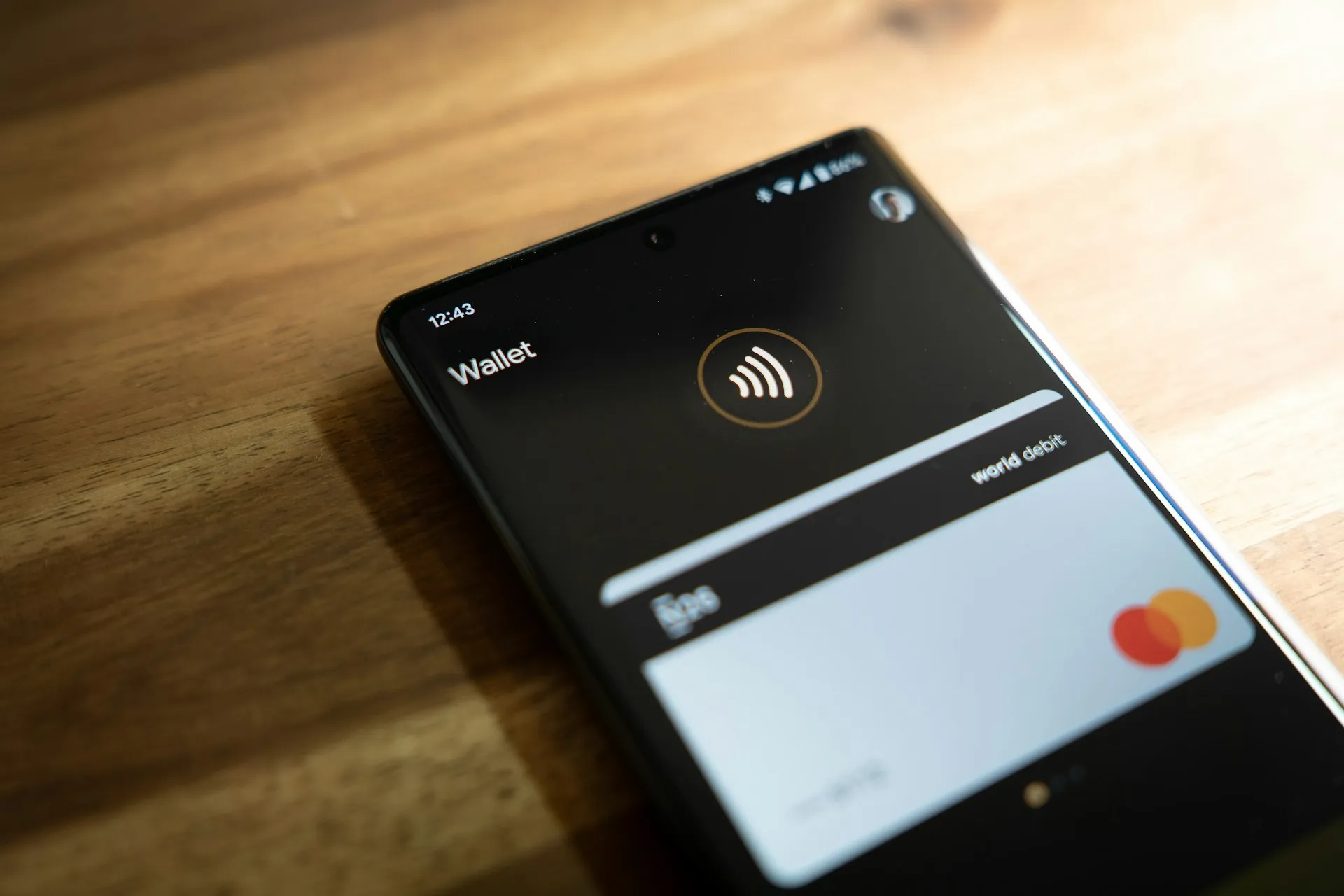








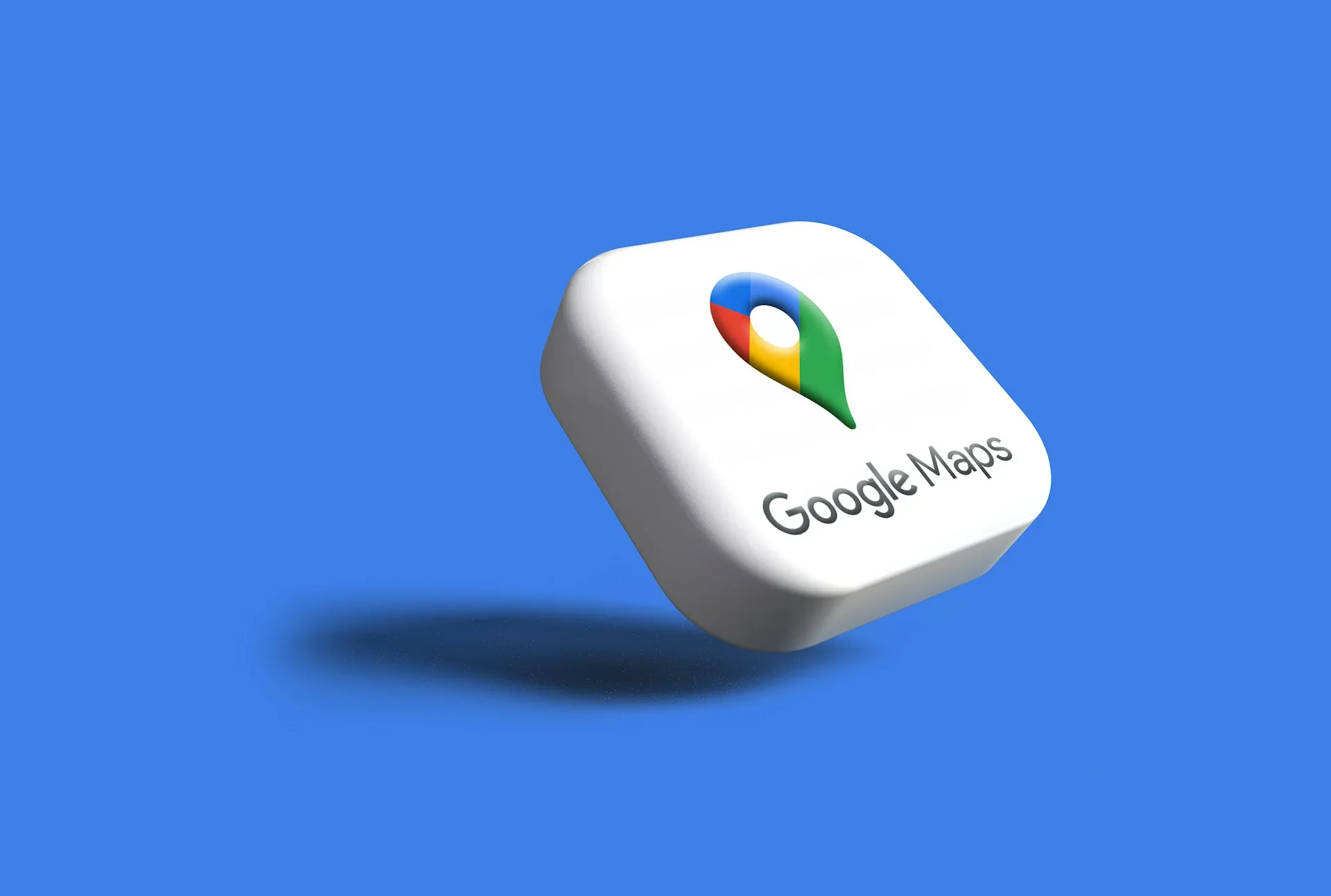


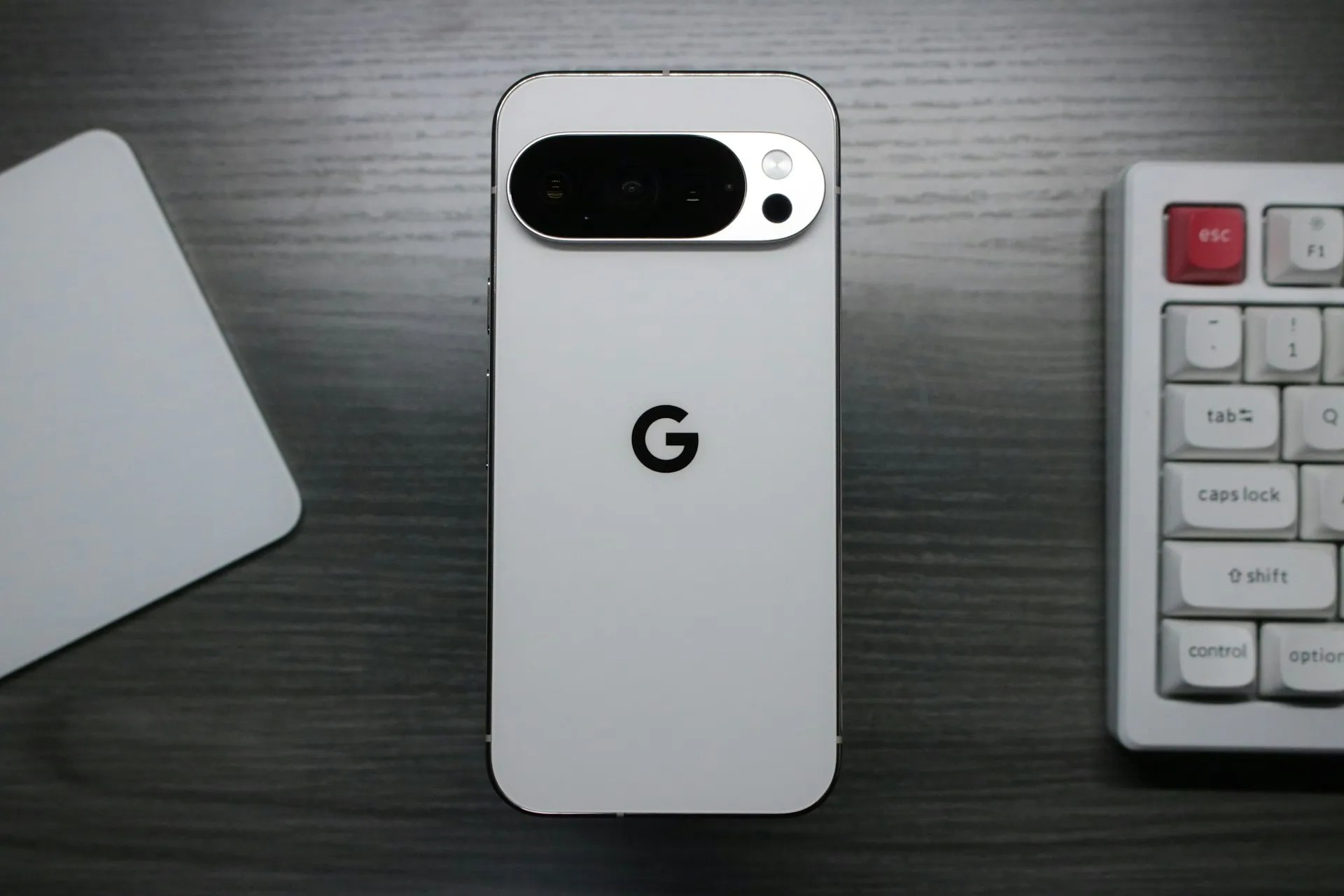


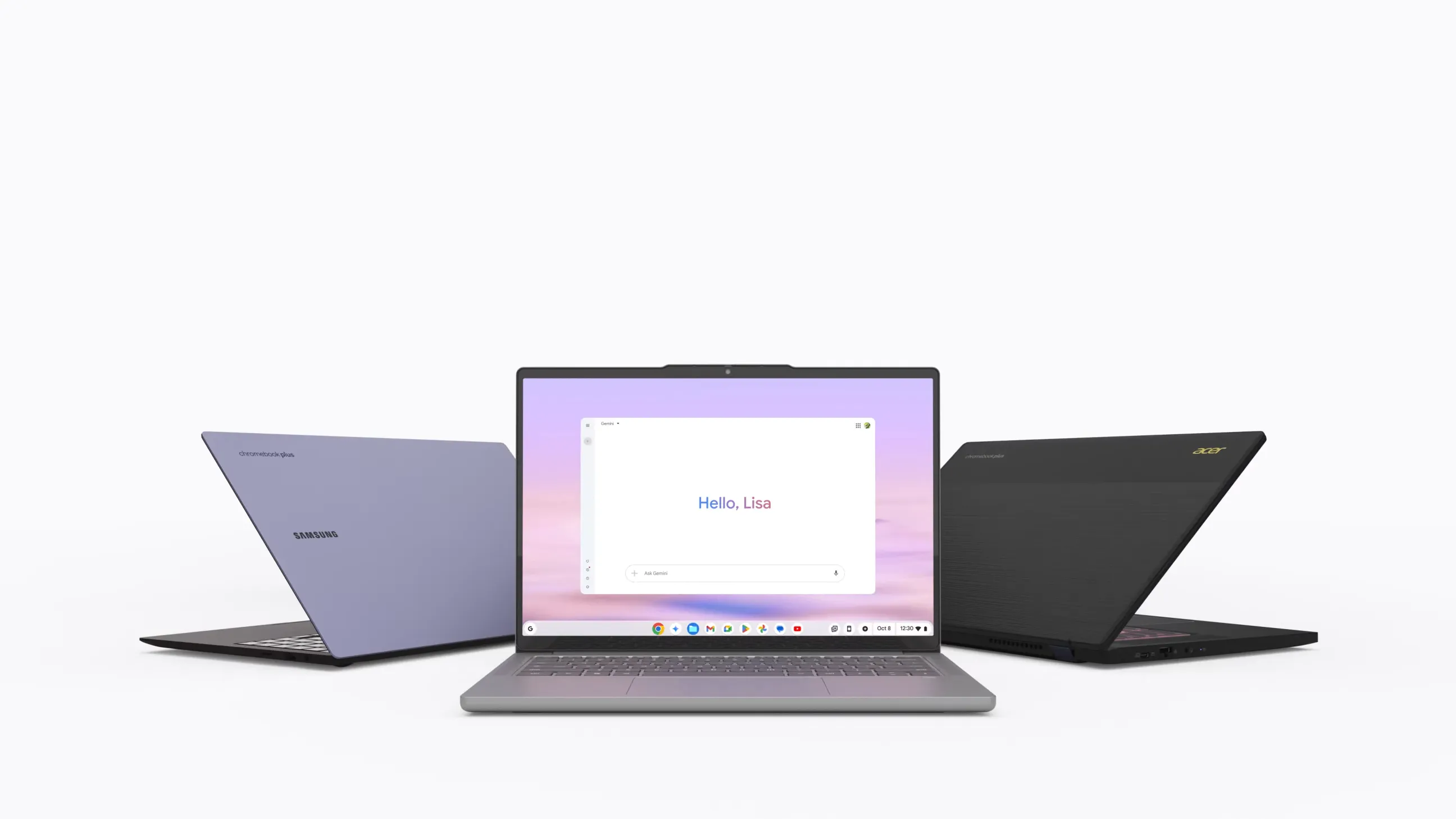




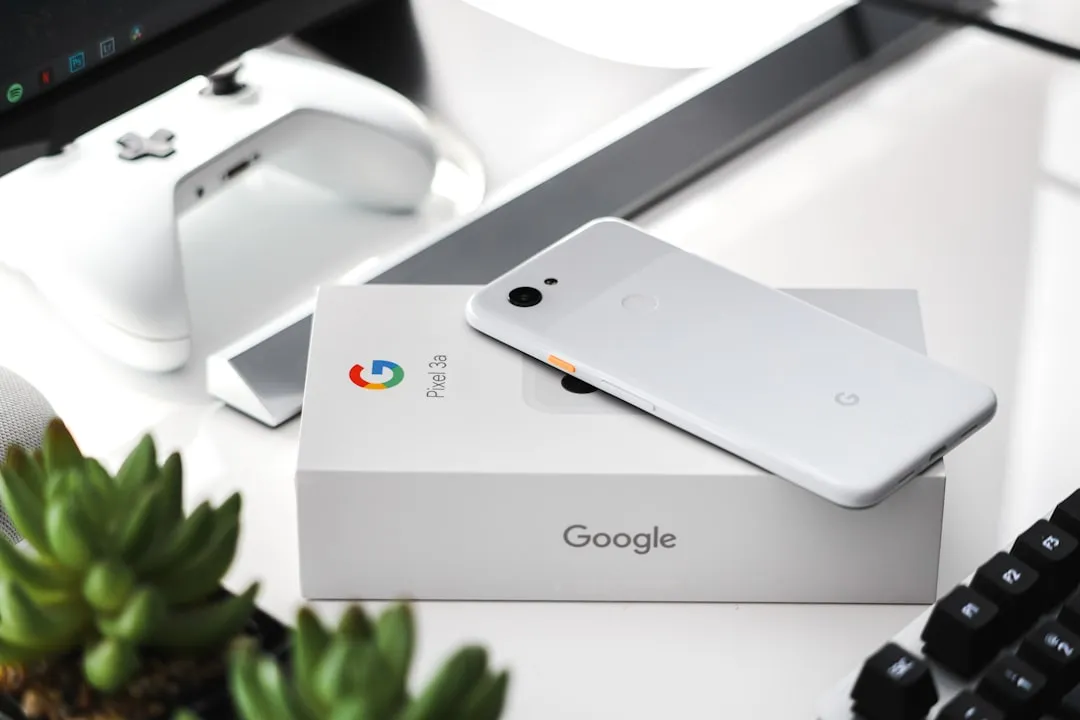
Comments
Be the first, drop a comment!